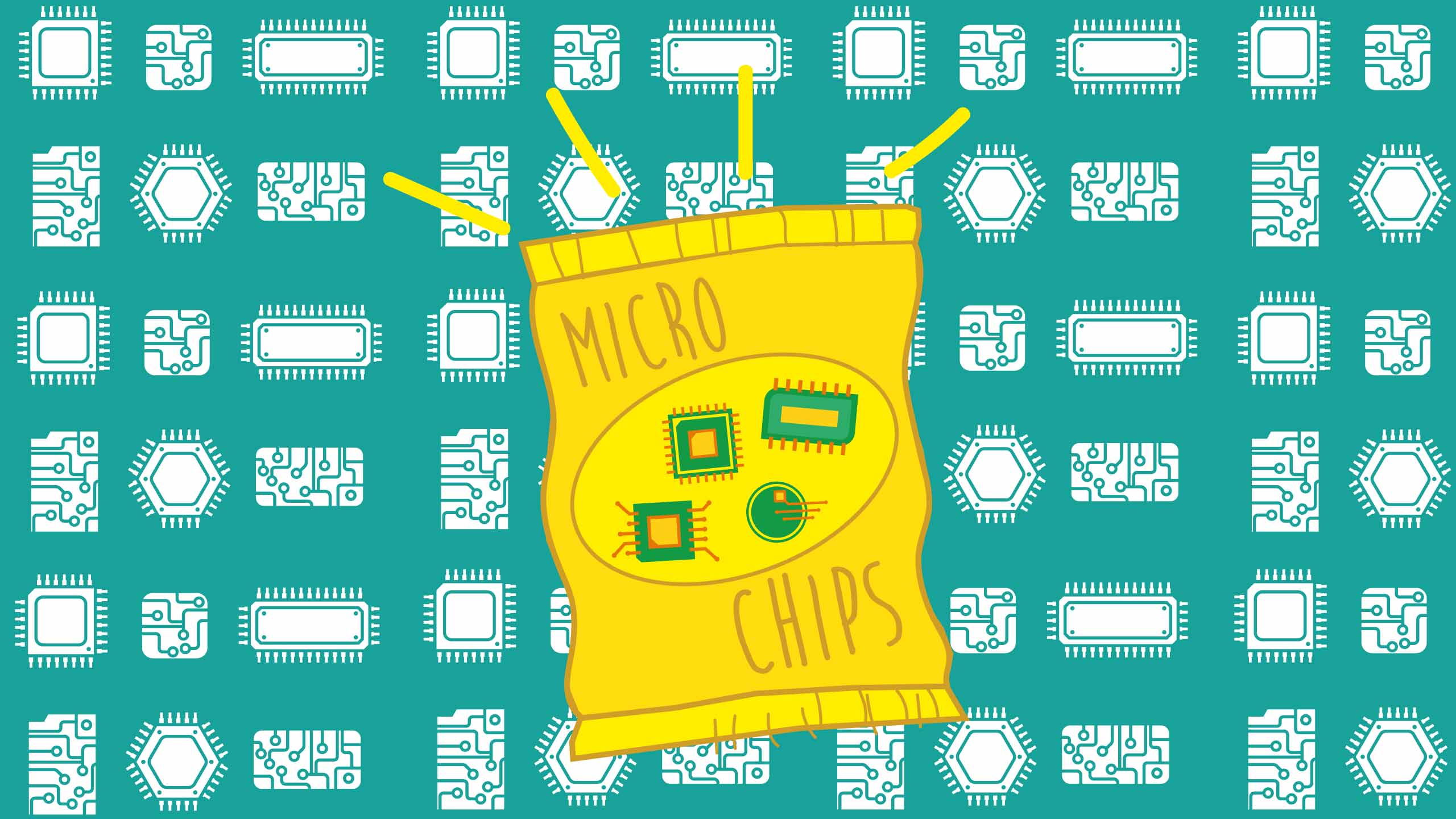By Melissa Salamo
Software engineering students have come up with a way for students to ace their midterms without studying and professors are concerned.
Everyone knows that students are mentally, physically and emotionally drained when exam season comes around, so two software engineering students decided to start selling their innovative “drinkable course microchips” on campus.
“It all started in the second semester of my first year,” Joe Bedden, a fourth-year software engineering student, said. “I was cramming for my four midterms and two essays during hell week and wished I could just take a pill and know everything I would need to know for each course.”
Bedden and his friend Blake Levi have been working on the “drinkable course microchips” ever since their first year and are now selling them on campus.
“I think this is amazing,” Elis Dubley said. “Props to those guys for pulling each class’ material together and selling them in different microchips … and for super cheap!”
Although Bedden and Levi are selling these microchips for just $10 each, they have already made a lot of money and students have been able to perform very well on their midterms.
Almost 80 per cent of the student population’s GPA has increased this semester and 70 per cent claim to be sleeping more than the previously, a poll shows.
“I can’t believe I’m actually slaying all my midterms and sleeping more than before.This thing is truly some futuristic shit,” Dubley said.
The “drinkable course microchips” have been a blessing to students ever since they got on the market, but professors are not so content.
“I think this is the most ridiculous innovation ever,” Peter Pettygru, a psychology professor at Ryerson, said. “All our work on educating kids and making them think critically has gone to waste.”
Professors like Pettygru have reported this to the Dean in hopes of banning the innovation. The Dean, however, says that their is no point in banning the microchips as students will get their hands on them one way or another.
The chip’s creators are fighting back. “We created this to help out students in moments of stress and we’re still going to find a way to sell them on the down low, even if they are illegal on campus,” said Levi.
Students are not happy that profs are consistently trying to keep them busy with school work and will be even more upset if the chip is banned.
“This is not learning,” Pettygru said. “We are creating robots.”
A study has shown that ingesting these microchips are detrimental to one’s health and make you less intelligent in the long run.
“I don’t believe that. It’s really all fake news,” Dubley said.












Leave a Reply